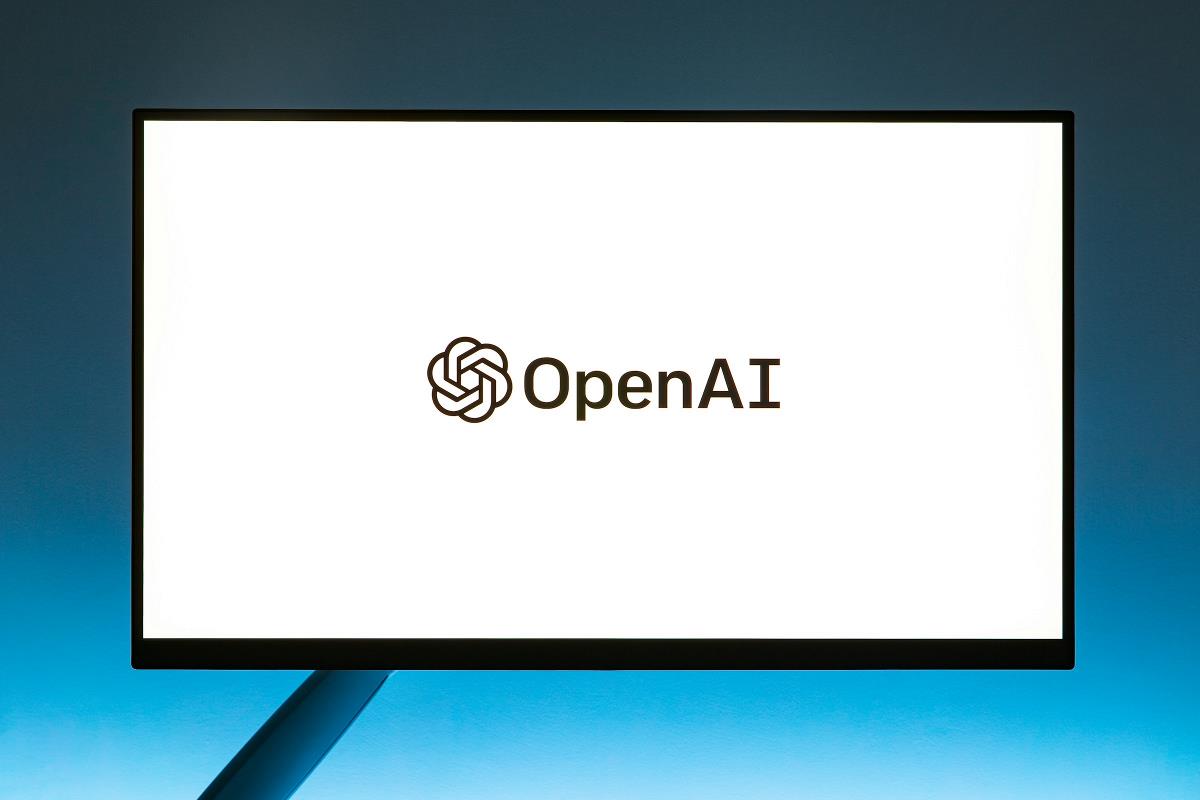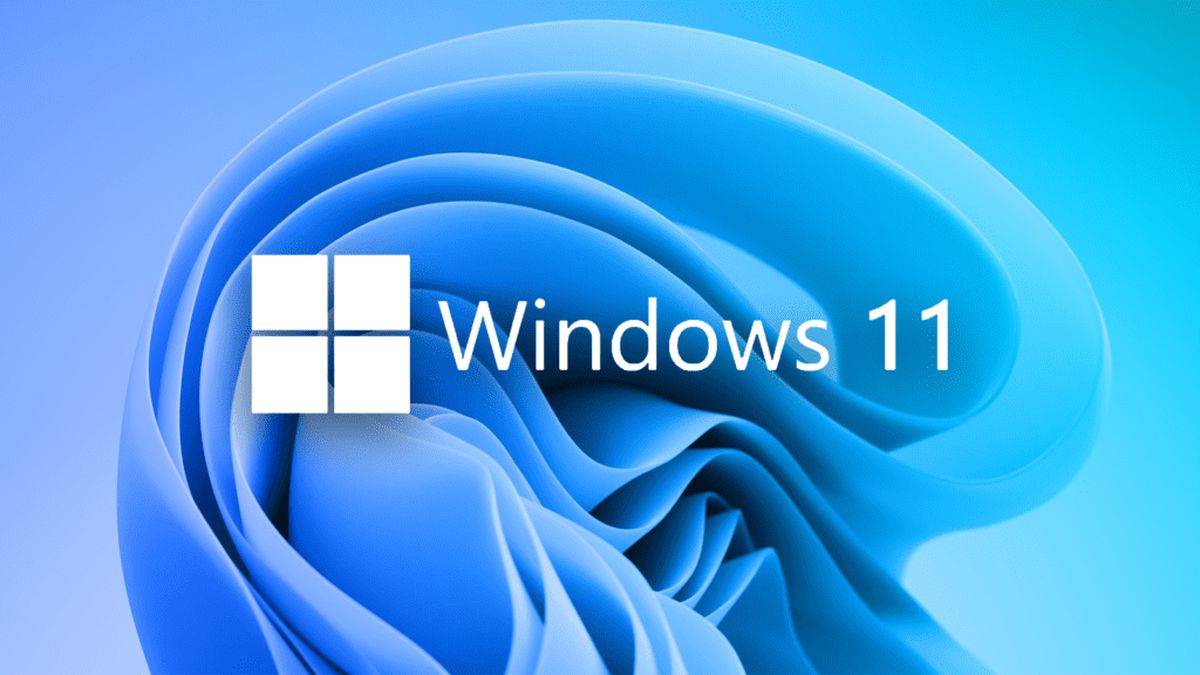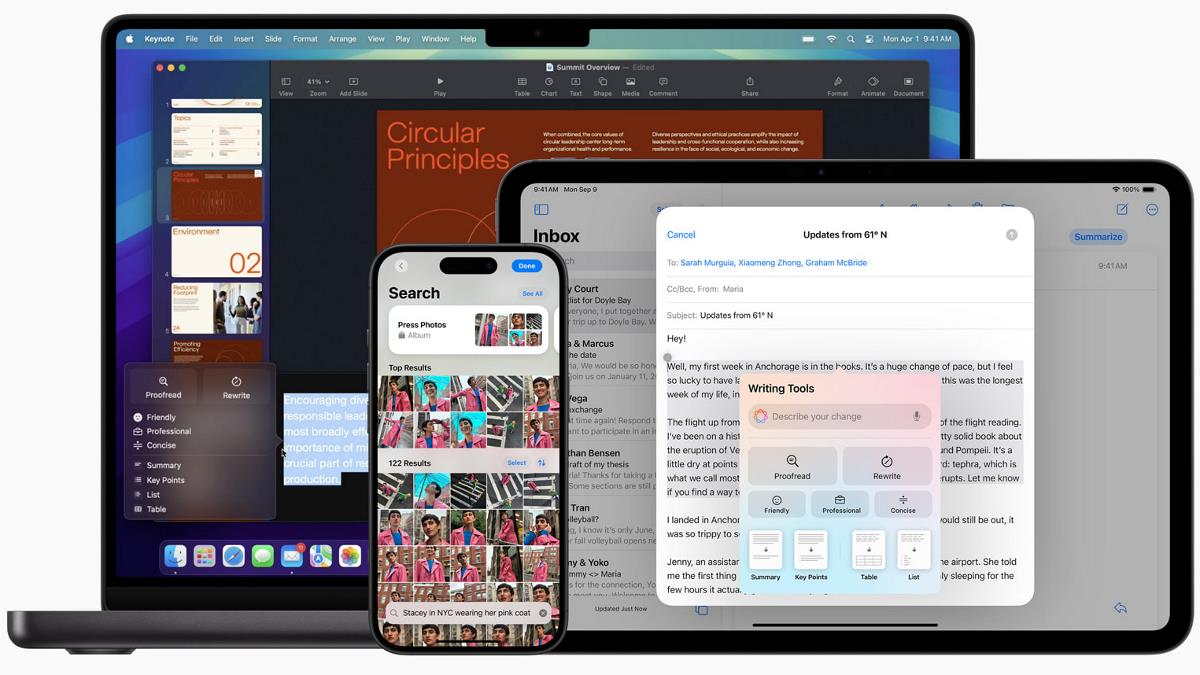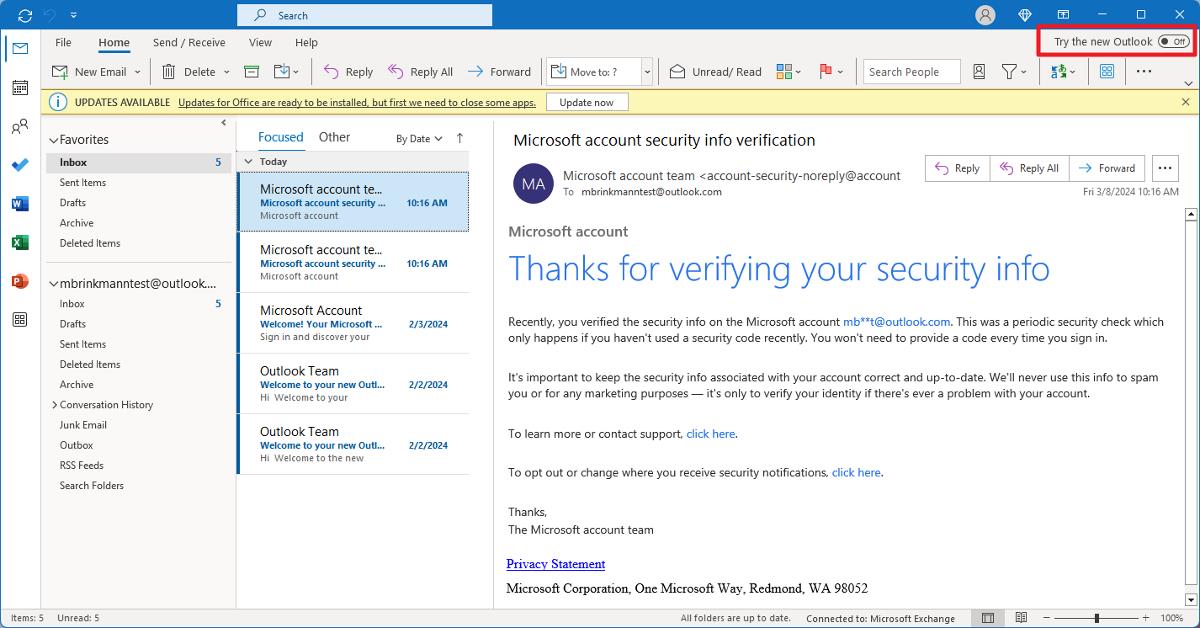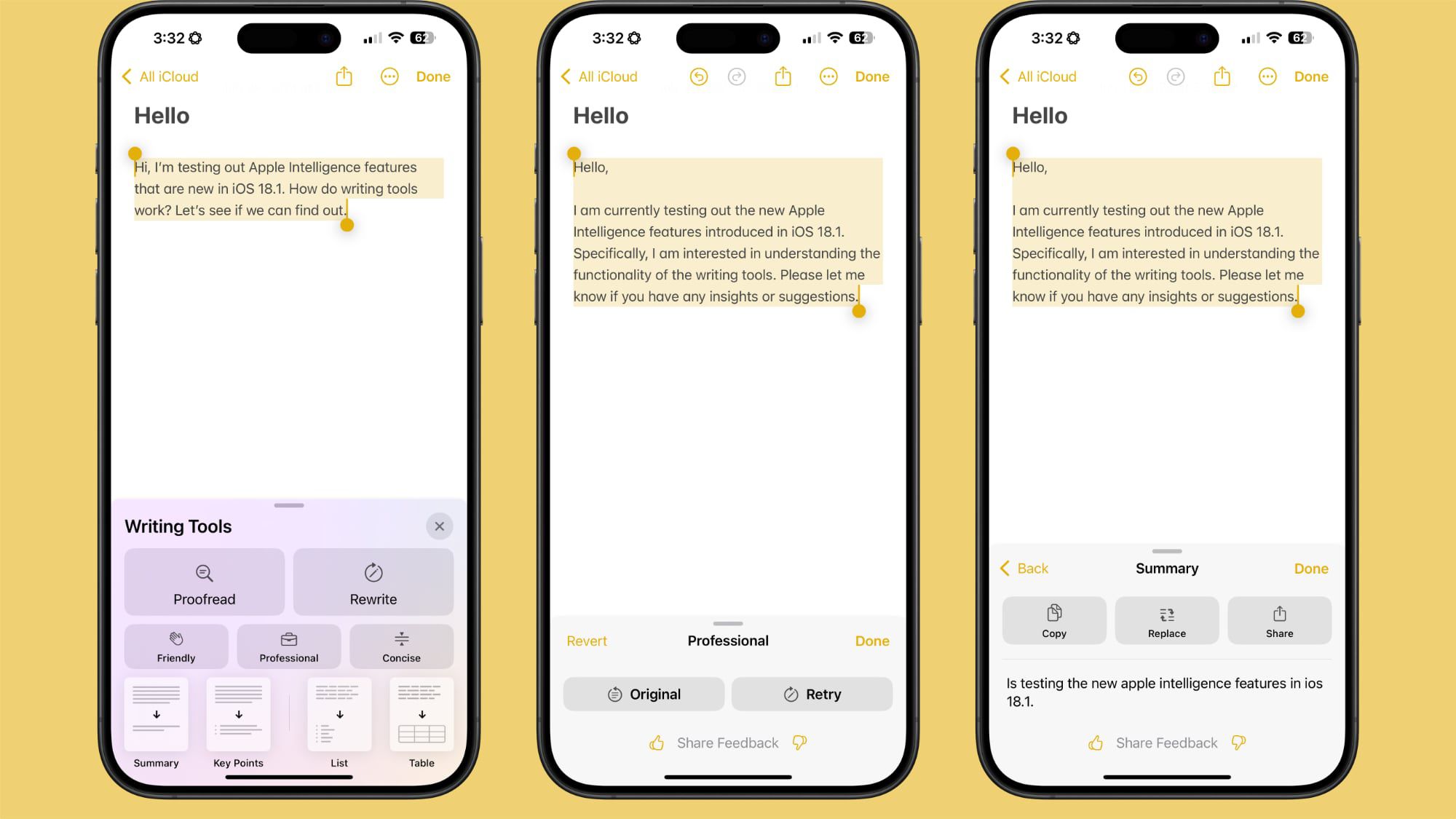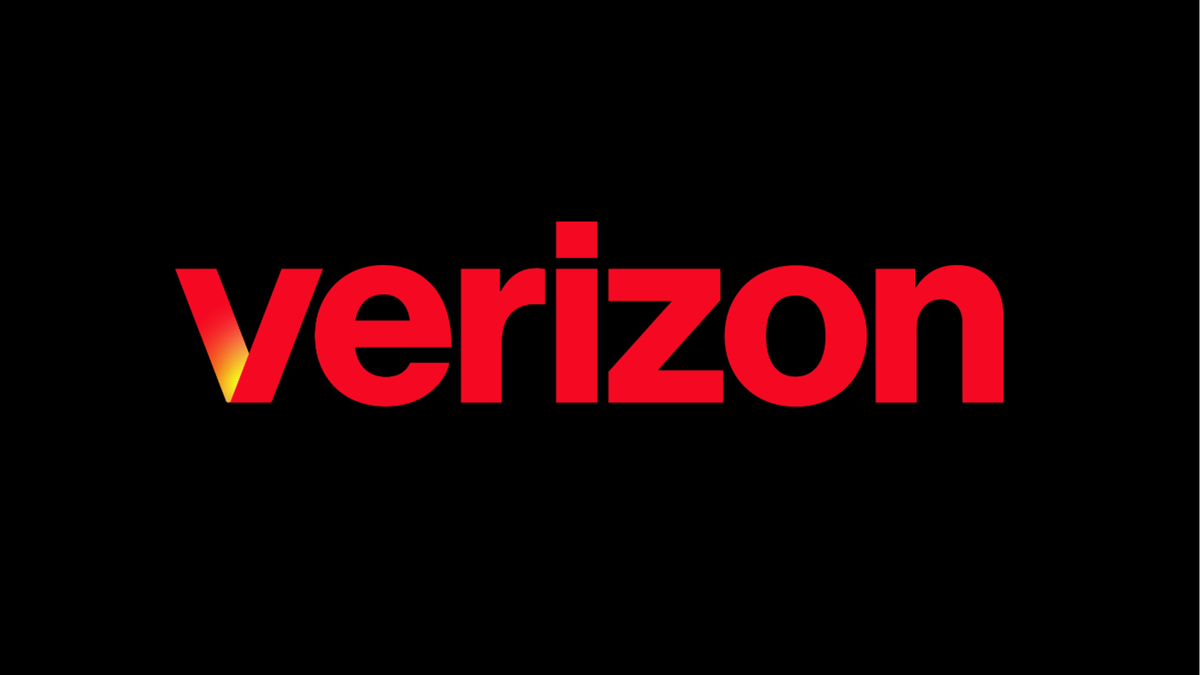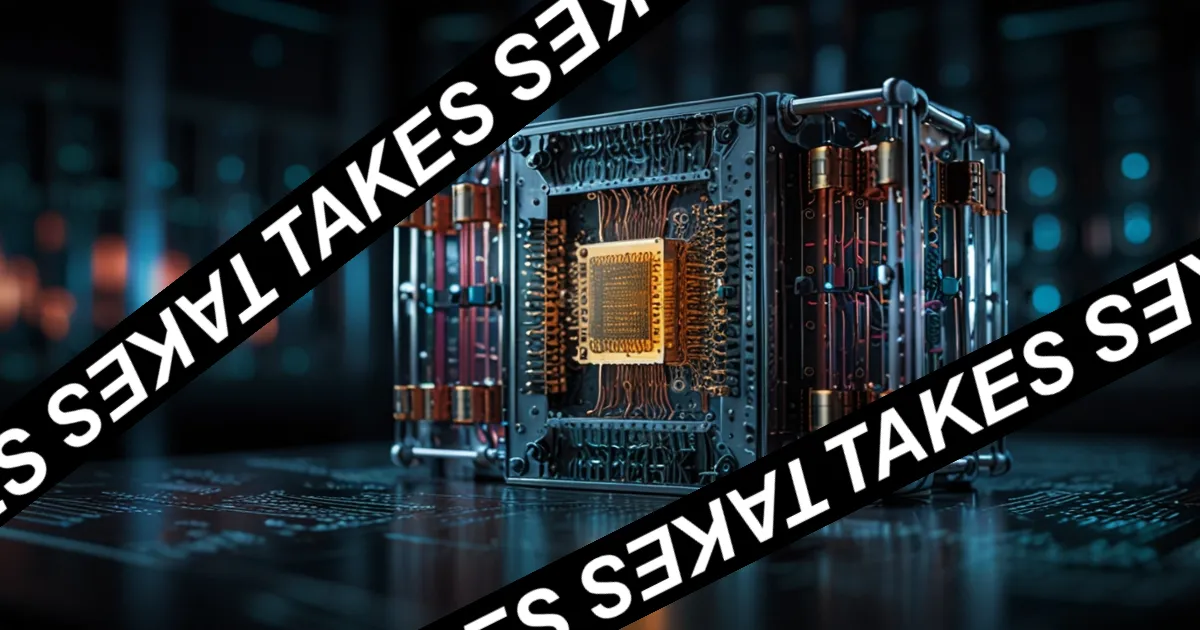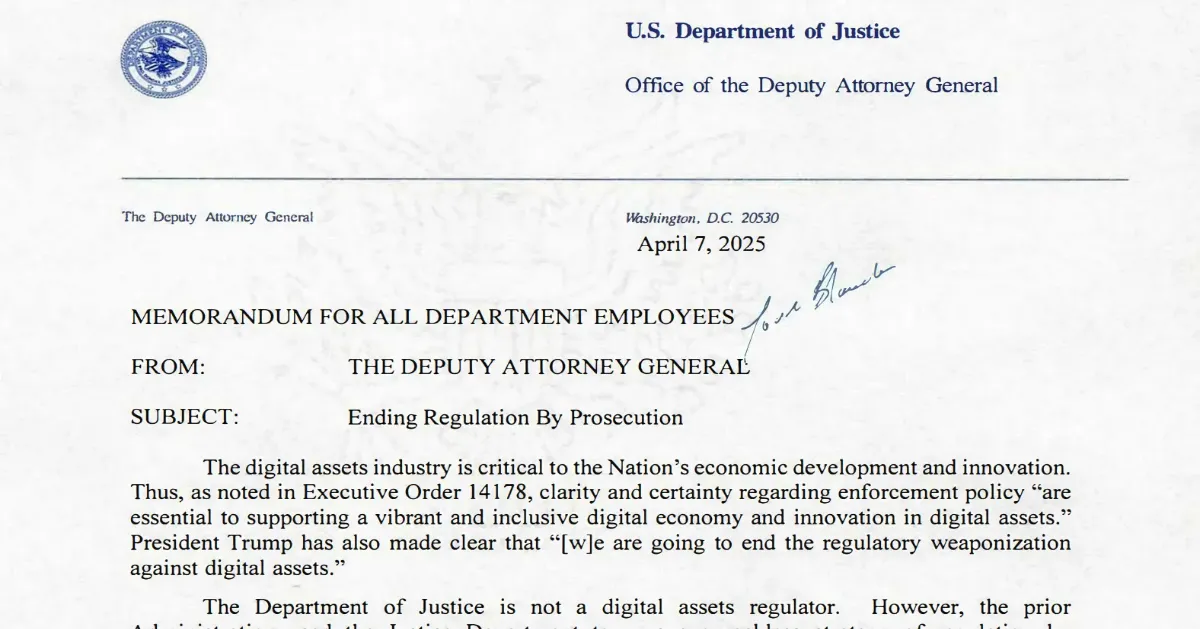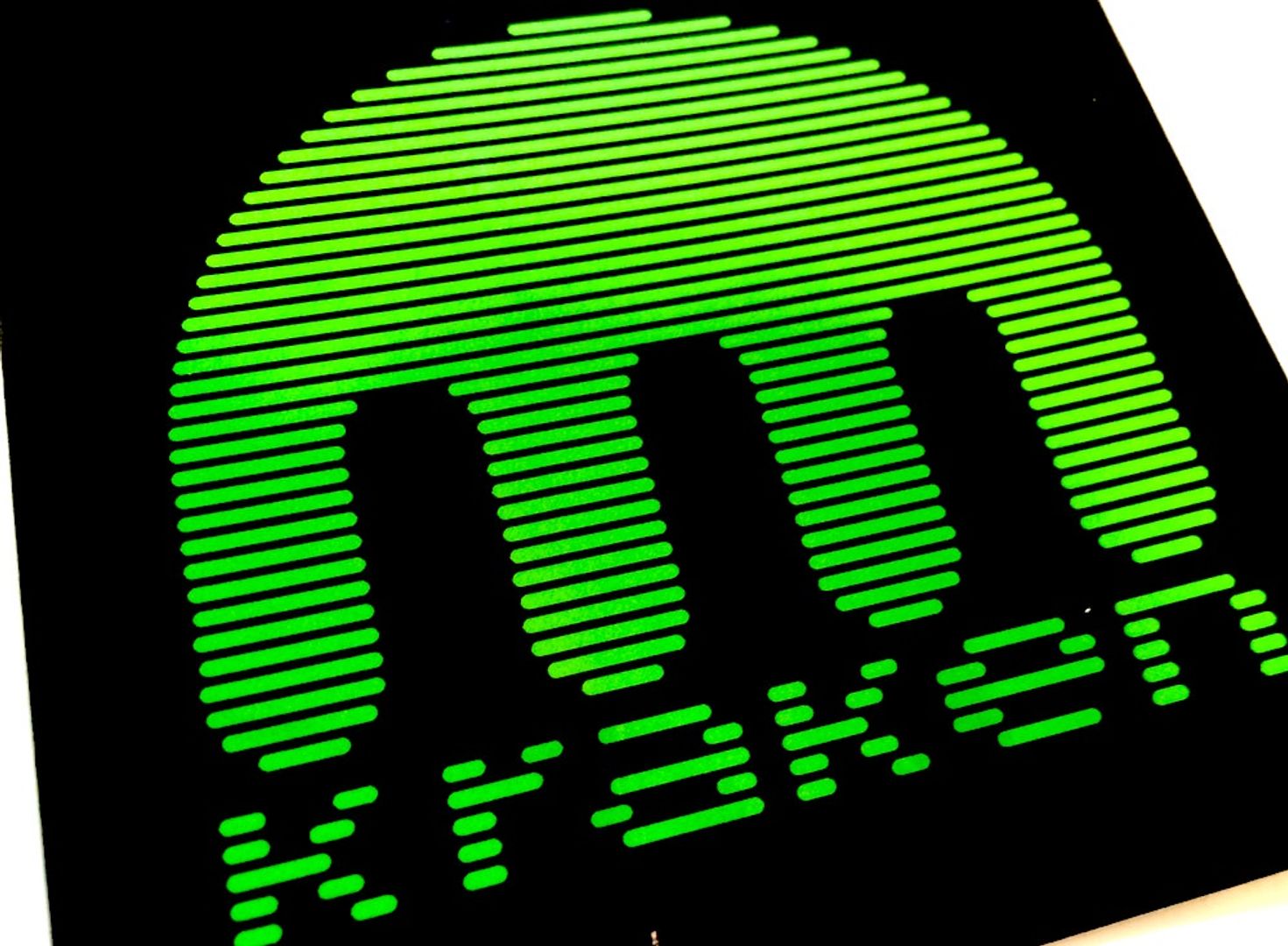Navigating the Blockchain Frontier: Choosing Between Private and Public Blockchain for Your Business Success
Bridging Innovation: How Private and Public Blockchain Solutions Are Transforming the Digital Landscape In the digital-first world we now inhabit, technology is not just an enabler—it’s the engine driving transformation across every sector. Among the most disruptive of these technologies is blockchain, a decentralized, secure, and transparent digital ledger system that has expanded far beyond its cryptocurrency roots. From financial services to supply chain management, healthcare, real estate, and even government, organizations are exploring how blockchain can be used to create more trustworthy, efficient, and tamper-proof systems. At the center of this exploration lies a key question: Should you build on a private or public blockchain? Understanding the distinction between these two blockchain types—and choosing the right one for your business—is vital for long-term success. Whether you're developing enterprise-grade software or building decentralized apps (DApps), selecting the right blockchain architecture shapes everything from performance and privacy to scalability and user trust. Understanding Blockchain Basics Before diving into the differences between public and private blockchains, let’s first recap what blockchain is. At its core, blockchain is a distributed ledger that records transactions across a network of computers. Once recorded, these transactions cannot be altered, ensuring data integrity and transparency. Each “block” contains data, a timestamp, and a cryptographic hash of the previous block, linking them into a secure chain. The technology removes the need for centralized intermediaries, streamlining processes and lowering operational risks. But depending on your goals, not all blockchains are created equal—this is where the distinction between private and public comes into play. Public vs Private Blockchain: What’s the Difference?

Bridging Innovation: How Private and Public Blockchain Solutions Are Transforming the Digital Landscape
In the digital-first world we now inhabit, technology is not just an enabler—it’s the engine driving transformation across every sector. Among the most disruptive of these technologies is blockchain, a decentralized, secure, and transparent digital ledger system that has expanded far beyond its cryptocurrency roots.
From financial services to supply chain management, healthcare, real estate, and even government, organizations are exploring how blockchain can be used to create more trustworthy, efficient, and tamper-proof systems. At the center of this exploration lies a key question: Should you build on a private or public blockchain?
Understanding the distinction between these two blockchain types—and choosing the right one for your business—is vital for long-term success. Whether you're developing enterprise-grade software or building decentralized apps (DApps), selecting the right blockchain architecture shapes everything from performance and privacy to scalability and user trust.
Understanding Blockchain Basics
Before diving into the differences between public and private blockchains, let’s first recap what blockchain is.
At its core, blockchain is a distributed ledger that records transactions across a network of computers. Once recorded, these transactions cannot be altered, ensuring data integrity and transparency. Each “block” contains data, a timestamp, and a cryptographic hash of the previous block, linking them into a secure chain.
The technology removes the need for centralized intermediaries, streamlining processes and lowering operational risks. But depending on your goals, not all blockchains are created equal—this is where the distinction between private and public comes into play.
Public vs Private Blockchain: What’s the Difference?









































































































































































![[The AI Show Episode 144]: ChatGPT’s New Memory, Shopify CEO’s Leaked “AI First” Memo, Google Cloud Next Releases, o3 and o4-mini Coming Soon & Llama 4’s Rocky Launch](https://www.marketingaiinstitute.com/hubfs/ep%20144%20cover.png)


















































































































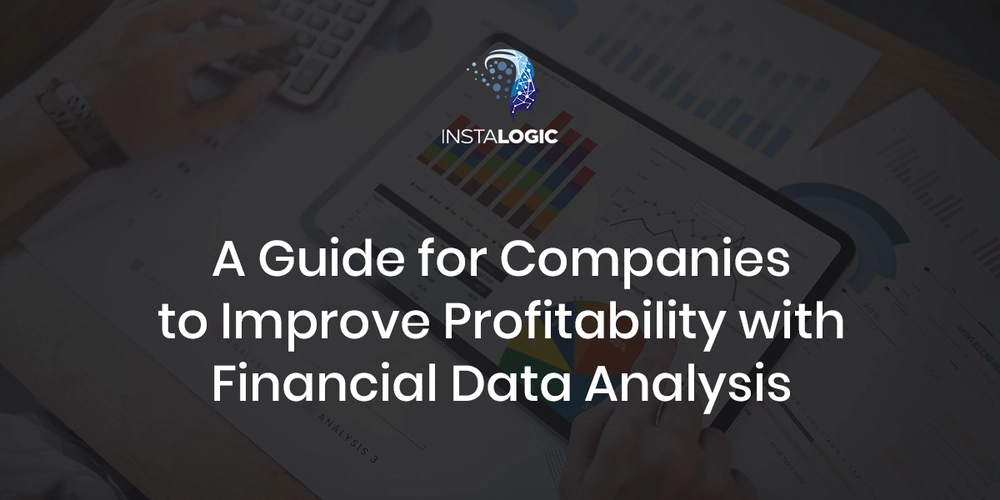






















































































![Rogue Company Elite tier list of best characters [April 2025]](https://media.pocketgamer.com/artwork/na-33136-1657102075/rogue-company-ios-android-tier-cover.jpg?#)








































































.webp?#)























































































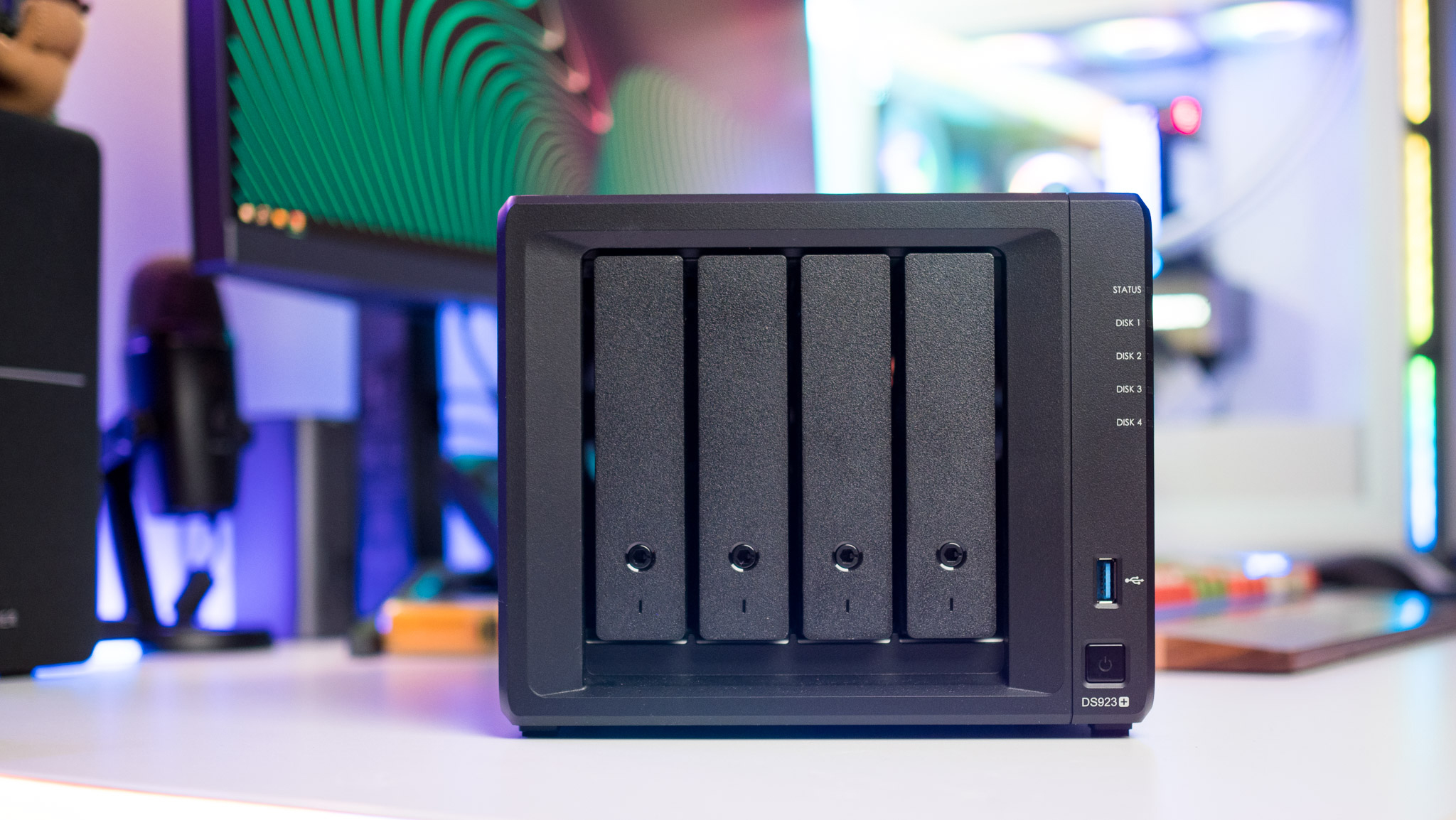







![Here’s the first live demo of Android XR on Google’s prototype smart glasses [Video]](https://i0.wp.com/9to5google.com/wp-content/uploads/sites/4/2025/04/google-android-xr-ted-glasses-demo-3.png?resize=1200%2C628&quality=82&strip=all&ssl=1)














![New Beats USB-C Charging Cables Now Available on Amazon [Video]](https://www.iclarified.com/images/news/97060/97060/97060-640.jpg)

![Apple M4 13-inch iPad Pro On Sale for $200 Off [Deal]](https://www.iclarified.com/images/news/97056/97056/97056-640.jpg)

















